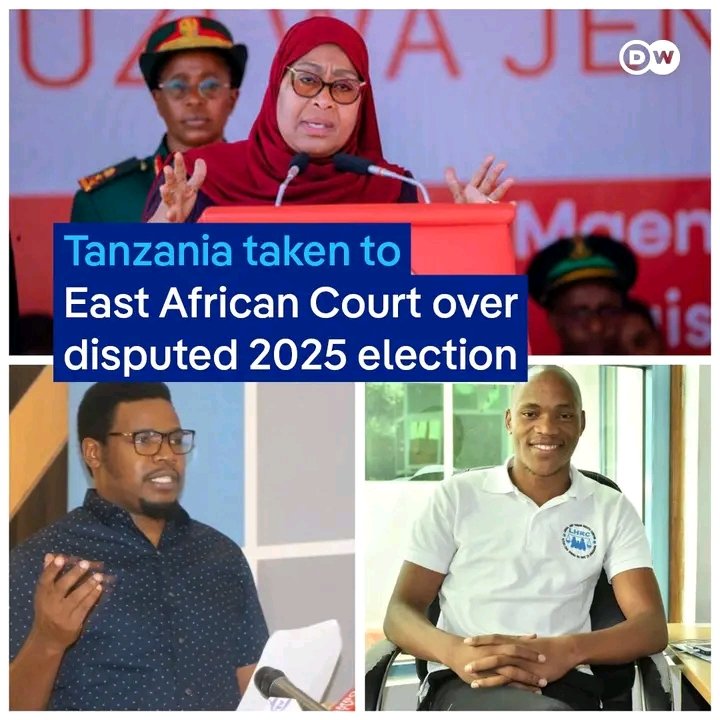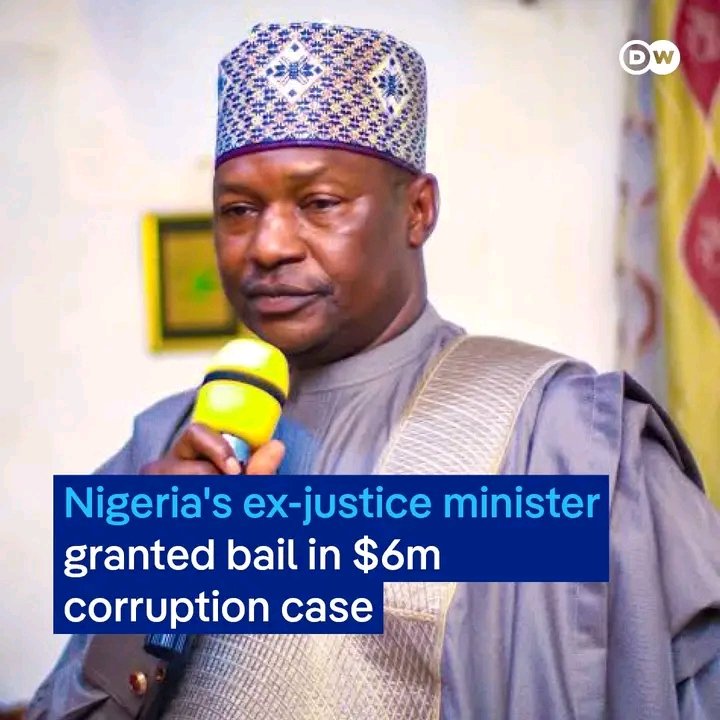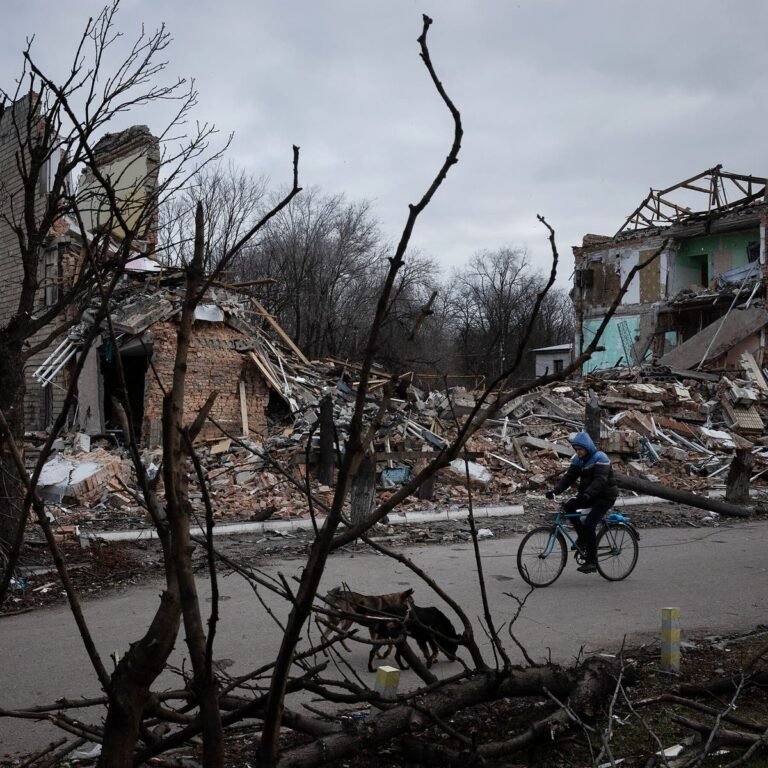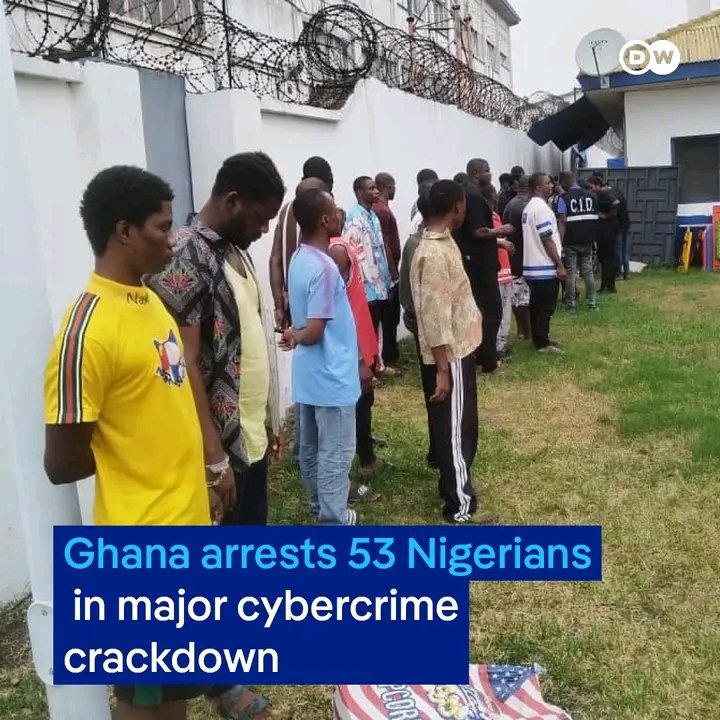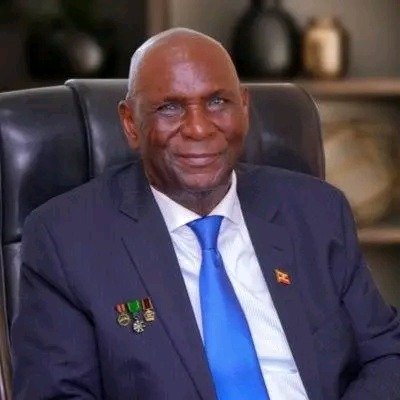
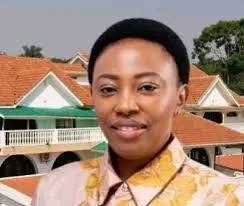
Landmark ruling emphasizes matrimonial property rights can only be formally determined through divorce proceedings
Date: August 27, 2025
Location: Kampala, Uganda
In a significant development in the long-running legal battle between prominent academic Prof. Badru Kateregga and his estranged wife Jolly Shubaiha Irankunda, the Makindye Court has ruled to restore the 76-year-old professor’s right to access his Buziga residence. The decision, delivered by Grade One Magistrate Elisha Arinaitwe, marks a turning point in a dispute that has captivated public attention for nearly a year .
The Court Ruling
Magistrate Arinaitwe dismissed Irankunda’s application that sought to bar Professor Kateregga from returning to the matrimonial home on grounds of alleged domestic violence. In the ruling, the magistrate emphasized that matrimonial property rights can only be formally determined through processes of divorce, judicial separation, or nullification of marriage—none of which had been completed in this case.
“The court found no legal basis to prevent Prof. Katerega from accessing his own home which he built with his own money,” the ruling stated, effectively ending the lockout that had persisted since September 2024 .
The decision comes after months of legal wrangling that saw Prof. Kateregga allegedly forced out of the luxurious Buziga property valued at approximately Shs5 billion (approximately $1.3 million). The professor had previously claimed he fled the residence following what he described as an attempt on his life by his estranged wife .
Background and Context
Professor Badru Dungu Kateregga, founder and Vice Chancellor of Kampala University, married Jolly Shubaiha Irankunda in 2012. What once appeared to be a strong personal and professional partnership—with Irankunda eventually rising to chair the university’s Board of Trustees after serving as finance director—deteriorated dramatically in recent years .
The couple’s relationship began showing public signs of strain in late 2023 when Prof. Kateregga suffered a serious illness requiring hospitalization and surgery. During his recovery, tensions escalated over matters including revisions to his will and disputes about property ownership .
The conflict reached its peak with revelations from a DNA test indicating that only two of the couple’s three children were biologically related to the professor. Government analysts confirmed that while the firstborn twins were his biological children, the youngest child was not .
A Complex Legal Battle
The property dispute has been marked by serious allegations from both sides:
Professor Kateregga’s Allegations:
· Claims his estranged wife attempted to take his life, forcing him to flee the residence in September 2024
· Accuses police officials of obstructing justice and siding with his wife
· Alleges that valuable property, including vehicles and large sums of money, were stolen and smuggled to Rwanda
· Maintains that he added his wife’s name to the property title to offer her security, which she then used against him
Jolly Irankunda’s Response:
· Denies allegations of assault and claims the professor left voluntarily
· Maintains that the property belongs to both of them equally
· Claims her husband is waging a media campaign to damage her reputation
· asserts that she played a significant role in rescuing Kampala University from substantial debt
Institutional Involvement
The case drew in several state institutions, with Prof. Kateregga openly accusing senior police officials of misconduct. He specifically alleged that Director of Criminal Investigations Tom Magambo had “obstructed justice” in his case and had been seen at his Buziga residence under suspicious circumstances .
Police spokesperson Kituuma Rusoke dismissed these claims as “malicious and misleading,” explaining that police had investigated and handed the file to the Directorate of Public Prosecutions (DPP), which guided that the matter be settled in civil court .
Director Magambo himself expressed shock at the allegations, stating: “I have never met him, his wife nor visited their residence in Buziga. That must be mistaken identity or malicious blackmail to cause me to act outside the law” .
Implications for Kampala University
The very public feud has raised concerns about the stability and leadership of Kampala University, one of Uganda’s prominent private institutions of higher learning. Founded by Prof. Kateregga in 1999 while he was still a lecturer at Makerere University, the institution has grown into a multi-campus university with its main campus located in Ggaba .
The dispute over personal property has bled into questions about control of the university itself, with Irankunda having previously held significant positions within the institution’s leadership structure .
Table: Key Events in the Kateregga-Irankunda Case
Date Event
1999 Kampala University founded by Prof. Kateregga
2012 Couple marries
September 2023 Alleged physical assault incident
September 2024 Prof. Kateregga flees Buziga residence
May-June 2025 Prof. Kateregga petitions police for assistance
June 2025 DNA test results reveal paternity question
July 2025 Public accusations against police
August 2025 Court rules in favor of Prof. Kateregga’s access
The Path Forward
While this ruling grants Professor Kateregga access to his property, the broader legal battles appear far from over. The magistrate’s directive that property rights must be determined through divorce proceedings suggests that further litigation is likely as the couple moves toward formal dissolution of their marriage.
The case has highlighted broader issues regarding matrimonial property rights, institutional integrity, and the intersection of personal and professional relationships in Uganda’s academic and business circles.
As both parties regroup following this decision, the focus may now shift to the divorce proceedings where substantial assets, including interests linked to Kampala University, are expected to be contested .
Professor Kateregga, a respected academic who previously served as Uganda’s ambassador to Saudi Arabia and received the King Abdul-Aziz Medal First Class from the Saudi government, has seen his personal life become very public through this ordeal .
The 76-year-old educator has maintained that his fight is not just about property but about “justice, dignity, and the misuse of institutions to strip an elderly man of what he built with his own hands” .
As this case continues to develop, it serves as a stark reminder of how personal relationships can become entangled with professional institutions and how the legal system navigates complex domestic disputes with significant public dimensions.


